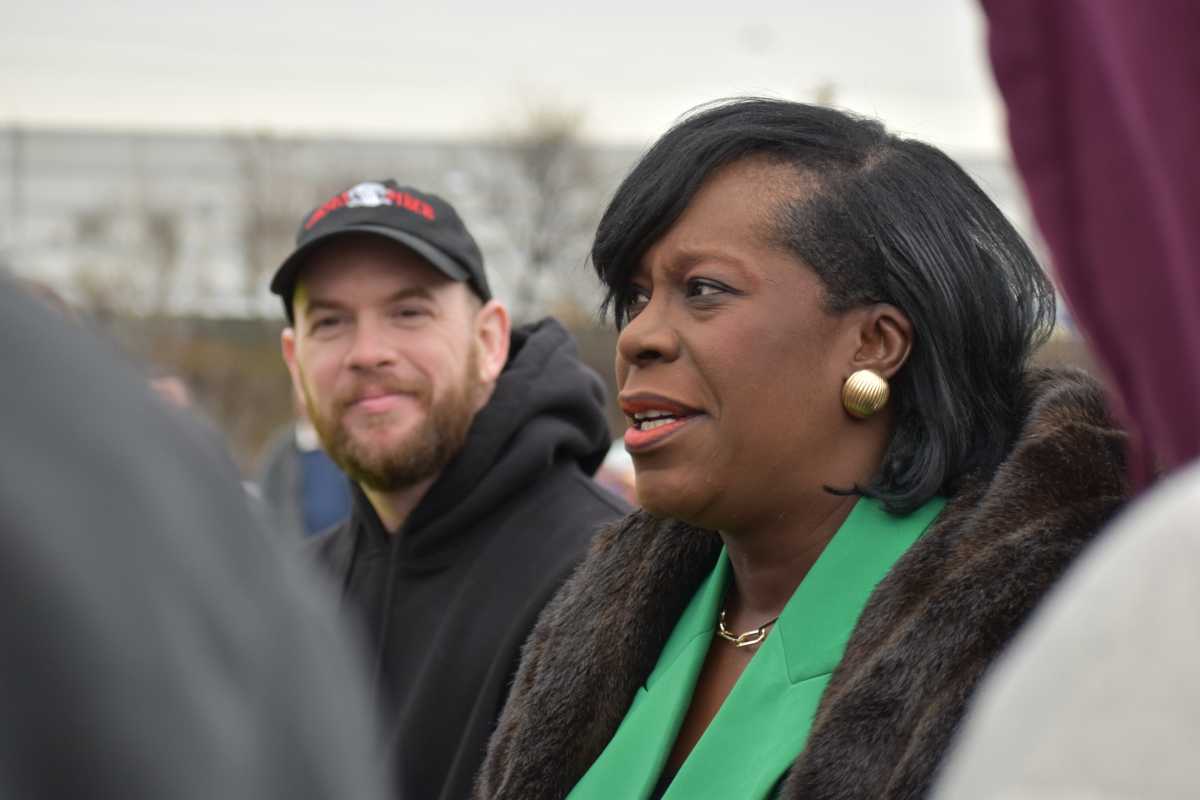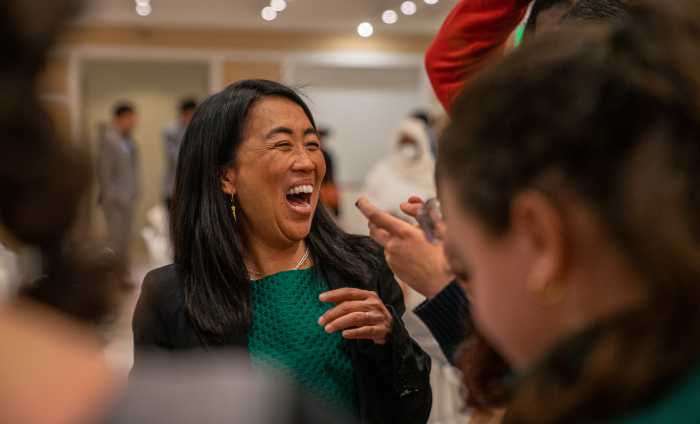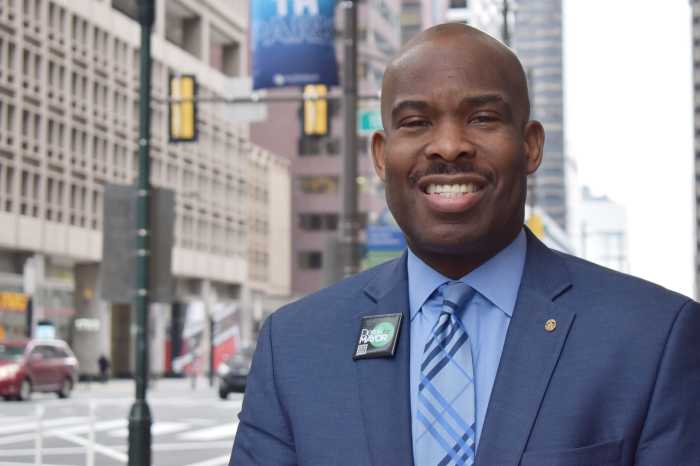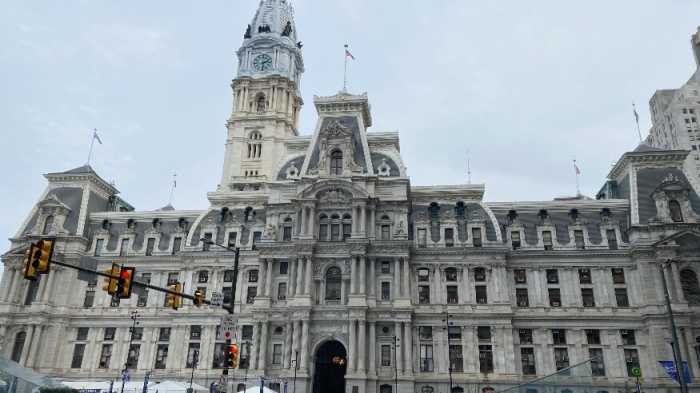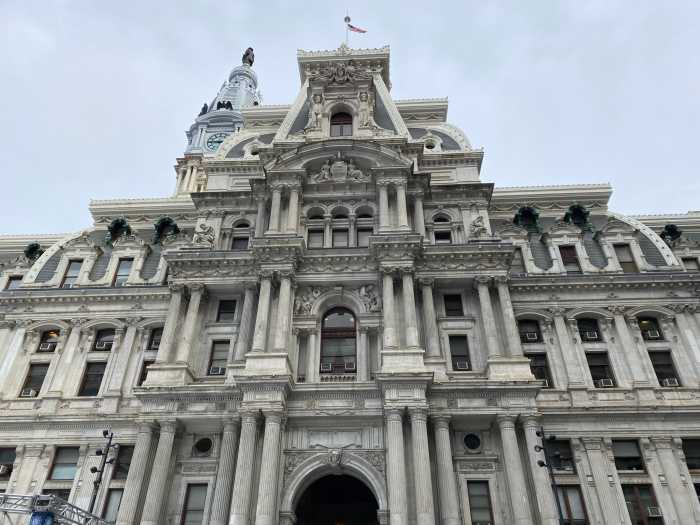A pivotal moment for Cherelle Parker came when, as a 17-year-old at a community meeting, she demanded state officials detail what they were going to do to address crack cocaine in her West Oak Lane neighborhood.
“They asked me, ‘Well, what are you going to do?’ And I thought that was unfair because I wasn’t even 18 and old enough to vote,” Parker recalled.
“It wasn’t fair,” she added. “But it was a great teaching experience for me because it reminded me that as an individual, I had some power, influence and, quite frankly, a role and responsibility to help to improve things in my community.”
Parker, a former City Council member who spent a decade as a lawmaker in Harrisburg, is among the Democrats running on May 16 to become the party’s nominee and, in all likelihood, Philadelphia’s next mayor.
In a one-on-one interview, Parker said she believes voters are yearning for authenticity and leadership.
“I don’t care if the community is Black or white, Hispanic, Asian, immigrant,” she told Metro. “My message is about a safer, cleaner, greener city with economic opportunity for all, it doesn’t change.”
In 2020, during a simultaneous rise in shootings and anger in the streets over the police killing of George Floyd, Parker says she never bought into the movement to ‘defund the police.’
Her plan to address gun violence was released last March, while she was still on council. A key initiative is hiring 300 officers as soon as possible and reforming the police department’s recruitment process if necessary.
“I introduced that before it was a popular thing to do because I had my ear to the ground, talking to people,” said Parker, who lives in Mount Airy.
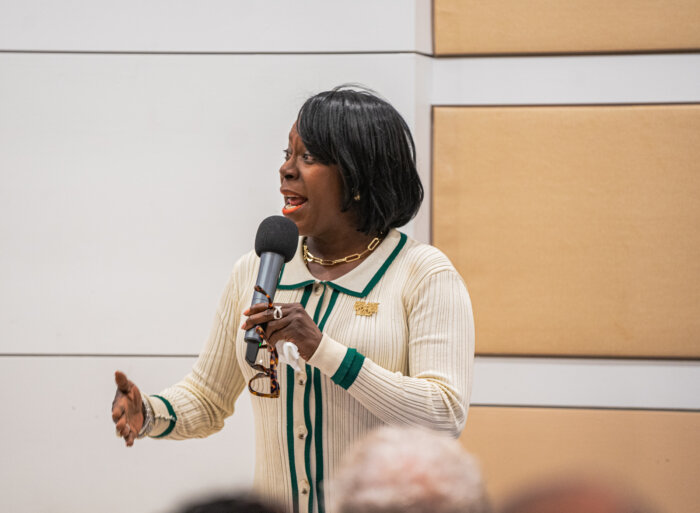
She wants public schools open from 7:30 a.m. to 6 p.m., so children can participate in additional programming and parents don’t have to worry about babysitters. Parker is also in favor of doing away with the summer break and operating schools year-round.
“We are no longer in agrarian society,” she said. “Kids are not going to work the farm in the summer, we need to be creative with our scheduling.”
Parker doesn’t want to get stuck in a debate between public and charter schools, characterizing that as a “divide and conquer method that doesn’t focus on what our children need most and that is access to quality seats.”
She imagines union workers training high schoolers and going together to help homeowners repair aging properties.
Her campaign has been boosted by support from the Philadelphia Building and Construction Trades Council, a coalition of dozens of well-funded unions.
The International Brotherhood of Electrical Workers Local 98, an influential member of the council, did not participate in the initial endorsement but announced a decision Wednesday to back Parker.
“When she believes in something, she’s willing to fight, and she has a stick-to-itiveness that we need,” said local Laborers’ District Council Business Manager Ryan Boyer, who leads the building trades council.
Boyer’s predecessor, Local 98 leader John Dougherty, was convicted of federal criminal charges in 2021 and faces two more trials. The FBI-led investigation also resulted in a three-and-a-half year prison sentence for former Councilmember Bobby Henon.
Parker is unapologetic about her building trades support, saying the unions have put people on a path to good-paying jobs.
“Those things are outliers,” she said. “They have no reflection on the men and women who work and make up the building trades.”
‘She caught our attention’
Parker, a Philadelphia native who was raised by her grandparents, turned her community activism into an internship with Councilmember Marian Tasco while she was still a teenager.
“The house I grew up in is three minutes away from where I live today, so I’ve never left the community in which I was reared,” she said.
After graduating from Lincoln University, Parker became a high school teacher before going back to work for Tasco.
In 2005, she was elected as a state representative. Parker, in her early 30s, was one of the younger legislators in Harrisburg.
“She caught our attention in the governor’s office very quickly because she was a very able state representative,” Ed Rendell, then Pennsylvania governor, told Metro. “She helped persuade other people to her point of view, so she became one of our go-to legislators.”
Rendell has not publicly supported any mayoral candidates yet but plans to issue an endorsement, possibly later this month.
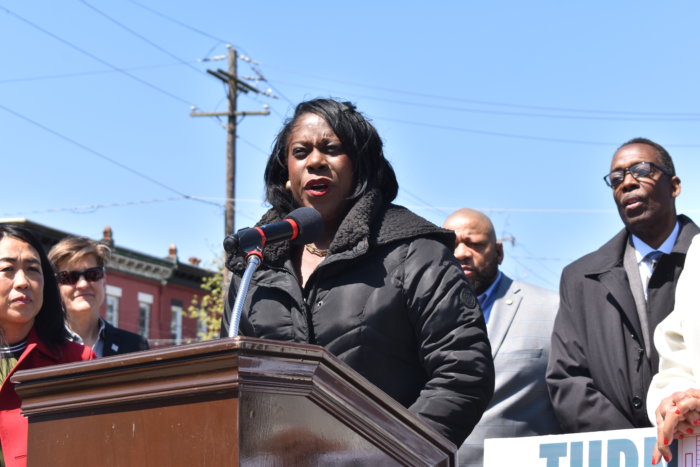
Parker also earned the respect of some of her Republican counterparts, Rendell added, which helped her advance priorities in a divided state.
“I had to go sit down and work with people who I agreed to disagree with 90% of the time in order to yield big-ticket items,” Parker said.
She successfully ran for Tasco’s seat in 2015, representing a district that included much of Northwest Philadelphia, along with the Oak Lane neighborhoods and part of the Northeast until her resignation last year.
Parker voted for the Philadelphia Beverage Tax, also known as the soda tax, and would maintain the tax as mayor because she supports what it funds – namely, free pre-K slots and renovations to playgrounds, libraries and recreation centers.
Among Parker’s City Hall initiatives was Power Up Your Business, a program run in conjunction with the Community College of Philadelphia to offer courses and workshops to small business owners.
She modeled a commercial corridor cleaning program, known as PHL Taking Care of Business, in her district, and the effort has since been expanded citywide. As mayor, she vowed to put the program “on steroids.”
“Because I’ve been fortunate to represent some of the most active and civically engaged constituencies in the city, I’ve had to deliver,” Parker said. “I couldn’t talk about problems.”
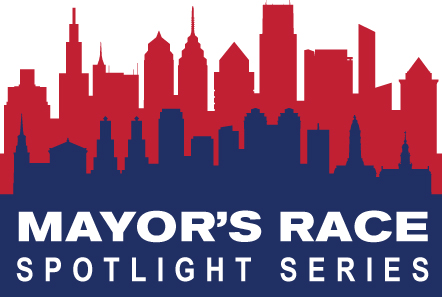
Ahead of Philadelphia’s Mayor’s Race, Metro will spotlight every candidate in the Democratic primary election, which will take place on Tuesday, May 16. Follow our Mayor’s Race Spotlight Series for an in-depth look at the candidates.



